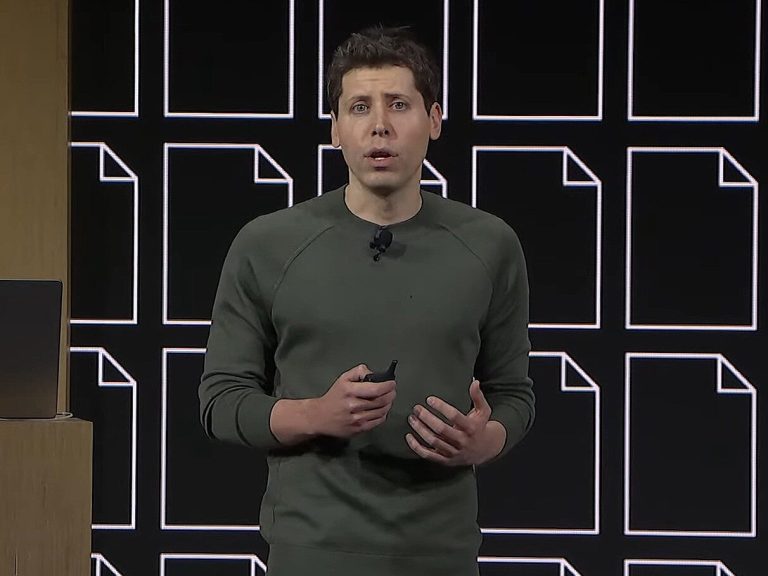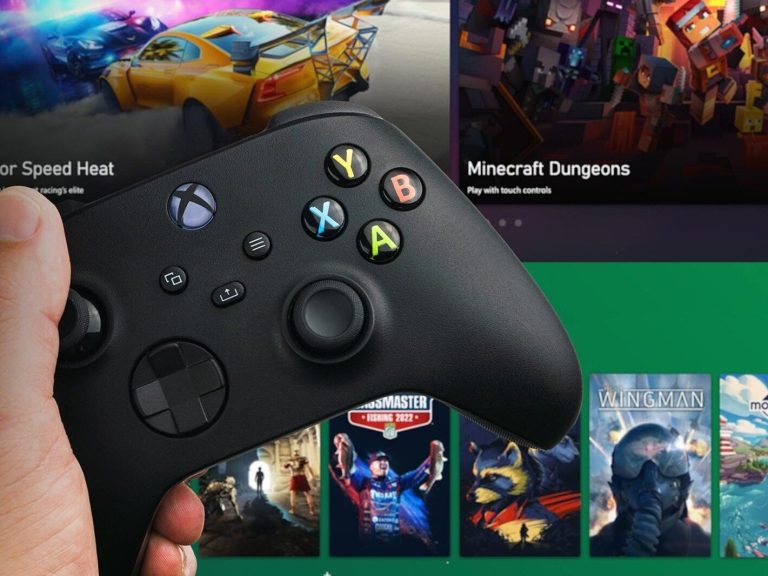Do you send voicemails? This form of communication is slowly starting to dominate

Popular “voice calls”, i.e. voice messages sent instead of traditional text messages, have recently become a very popular form of communication. What it comes from?
Voice messages, recorded in popular instant messengers such as Messenger or WhatsApp, or simply instead of traditional text messages, are today a very popular form of communication that is slowly starting to dominate among certain groups of people. “Voiceovers” – as they are colloquially called – can be from a few seconds to even several minutes long, and they are recorded as if you were simply speaking into a dictaphone. More and more people use them, and it is not only young people.
“Voice calls” instead of traditional SMS
According to a report by Preply, half of the Poles surveyed say that recording a message is faster and easier than writing it (which is hard to disagree with). 60 percent of people participating in the study believe that “voiceovers” are more personal and strengthen relationships with loved ones, 42 percent Some of them even believe that they make them feel less lonely.
The group of people who most often send voice messages is the so-called Generation Z, i.e. all people born after 1995. As much as 89 percent of them admitted that they use voicemails on a daily basis.
Not just zoomers
They are also very often used by millennials, i.e. people born in the 1980s and 1990s. In their case, the result is 70%.
Interestingly, older people also use voice messages: 60 percent. respondents born in the second half of the 20th century and 56 percent these even slightly older people.
Older generations are also not left behind, as 60 percent Generation X and even 56 percent the older generation has adopted this trend, which confirms its universal attractiveness.
Will voice messages dominate communication?
Over 40 percent Poles claim that voice messages may successfully replace traditional forms of communication in the future, such as exchanging text messages or telephone calls. This is due to their high comfort and ease of use, as well as the ability to precisely convey emotions and tone of voice.
“Poles use voice messages as willingly as Americans, and they even find them easier to use. This shows how globalized our world is. Communication and education trends are gaining popularity in many countries at the same time,” says Sylvia Johnson of Preply.






